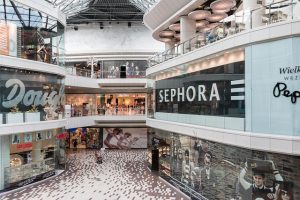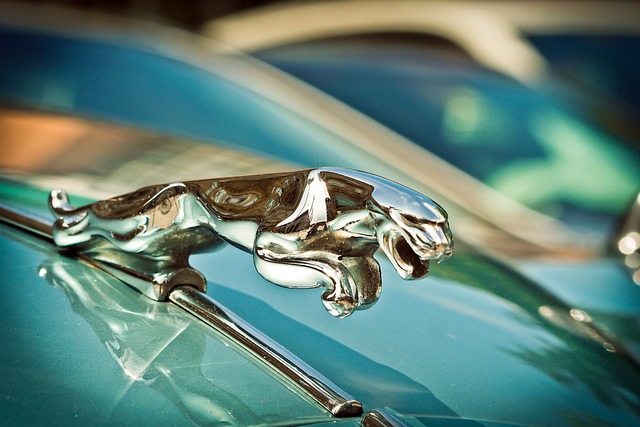By Retailist Editorial Team
Luxury brands have always been known for their exclusivity, premium quality, and exceptional customer service. However, with the rise of technology, the definition of luxury is undergoing a significant transformation. Luxury brands are now incorporating technology into their stores and online shopping experiences to provide customers with a more immersive and personalized experience.
Chanel and Louis Vuitton are two examples of luxury brands that have embraced technology to enhance their retail offerings. Chanel has introduced augmented reality technology in its stores, allowing customers to try on virtual versions of its products and see how they look in real-time. Louis Vuitton has also introduced virtual try-on technology in its stores, allowing customers to see how its products look on them without physically trying them on.
In addition to incorporating technology in their stores, luxury brands are also using technology to enhance their online shopping experiences. Chanel and Louis Vuitton have both launched online stores, providing customers with the ability to purchase products from the comfort of their homes. They have also introduced augmented reality technology in their online stores, allowing customers to see how products look on them before making a purchase.
The digitalization of luxury retail is changing the face of high-end shopping. Customers are now able to experience luxury products in a more immersive and personalized way, resulting in a more enjoyable shopping experience. With the integration of technology, luxury brands are able to provide customers with a seamless shopping experience, whether they’re shopping in-store or online.
In conclusion, the digitalization of luxury retail is a significant trend in the retail industry. Luxury brands like Chanel and Louis Vuitton are incorporating technology into their stores and online shopping experiences, providing customers with a more immersive and personalized shopping experience. The integration of technology is transforming the definition of luxury and changing the face of high-end shopping.
*this article may include affiliate and links to retail and brand partners
Related Articles

7 Employee Benefits That Can Help Your Business Increase Staff Retention
With so many businesses vying for the attention of skilled job candidates, it’s becoming more important to look for ways to make your offerings more appealing by adding unique perks that not every employer does.

How Retailers Can Prepare for the Summer 2025 Shift
Rather than focusing on isolated touchpoints or departmental KPIs, journey management provides a way to understand where the most critical pain points lie and how to resolve them systematically across the business.

Retailers Are Drowning in Data – Journey Management Could Be the Lifeline
Rather than focusing on isolated touchpoints or departmental KPIs, journey management provides a way to understand where the most critical pain points lie and how to resolve them systematically across the business.

How Entertainment is Shaping the Future of Retail Spaces
The traditional retail anchor is being redefined. Large department stores once dominated most shopping centers. Now, concepts like food halls, upscale restaurants, immersive cinema experiences and gaming venues are taking center stage.



 for the latest news and job opportunities in retail tech
for the latest news and job opportunities in retail tech 